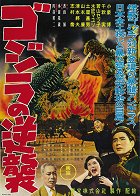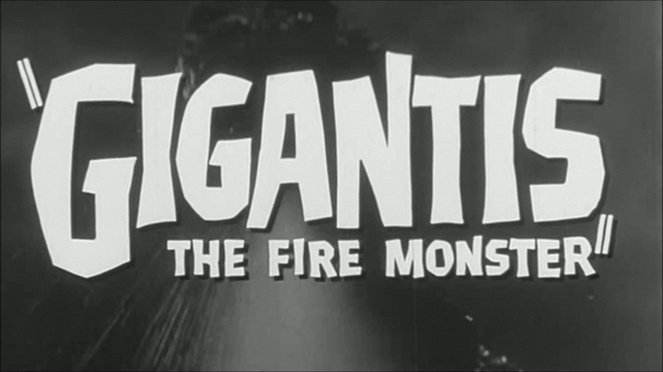Opisy(1)
Godzilla is back, and this time he's not alone! Godzilla and the spiny monster Anguirus are in a heated battle on a small Japanese island. As the threat of destruction mounts, two Japanese heroes muster their courage for the final showdown with Godzilla. (oficjalny tekst dystrybutora)
Recenzje (2)
2) GIGANTIS THE FIRE MONSTER - ORIGINAL SHOWA SERIES 1954-1974. Given that in the previous part of the franchise only the skeleton was left of Godzilla, this sequel has no direct continuity. They simply don't address Godzilla’s resurrection, and take it as fact when at the beginning of the film it’s discovered by a fishing company plane on a deserted island. There are several reminiscences of the first one, with excerpts from it, and the main general and the scientist are played by the same actors. However, unlike the first one, this one lacks a long explanatory exposition. The fighting takes place in Osaka, with a monster named Anguirus, who looks like a cross between a lizard and a hedgehog. The UN offers help to the Japanese, and given the fact that the film was produced by Americans, a shot of the front page of a Japanese newspaper with the inch-high headlines AMERICA OFFERS HELP was mandatory. Ten years after Hiroshima, this is what I call a moral gesture :o). While the first one was straightforward, here they find time for a love triangle.
()
The final assault on Godzilla is a truly breathtaking demonstration of how real footage can be combined with animatronic. The Japanese also give the film a pretty passable story outside of the fights, which isn't anything groundbreaking, but given the age of the piece and the great effects, it's definitely forgivable. It's not forgivable in the case of films like Pacific Rim, where the idea was to follow the American way of Toho films, but it turned out disastrously. True, the Japanese could have left out the voiceover, but it's bearable.
()

